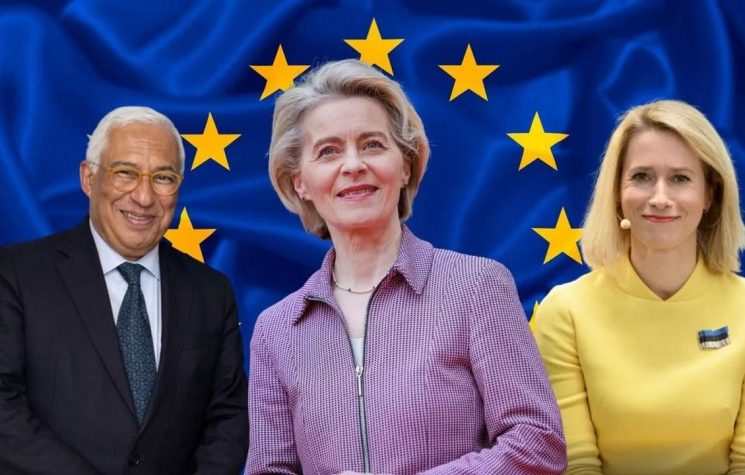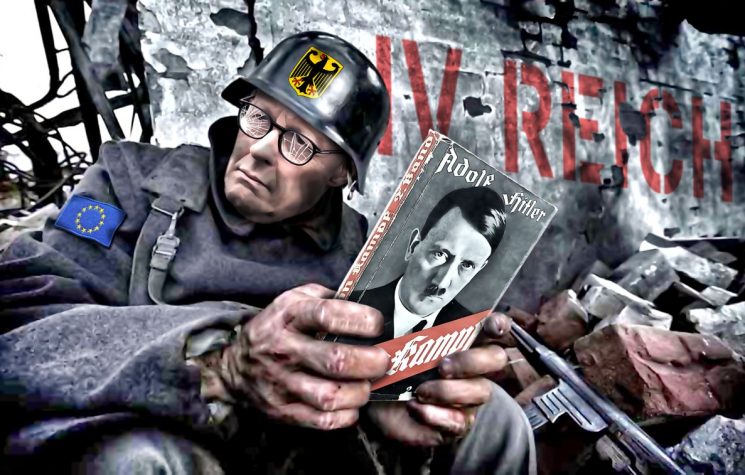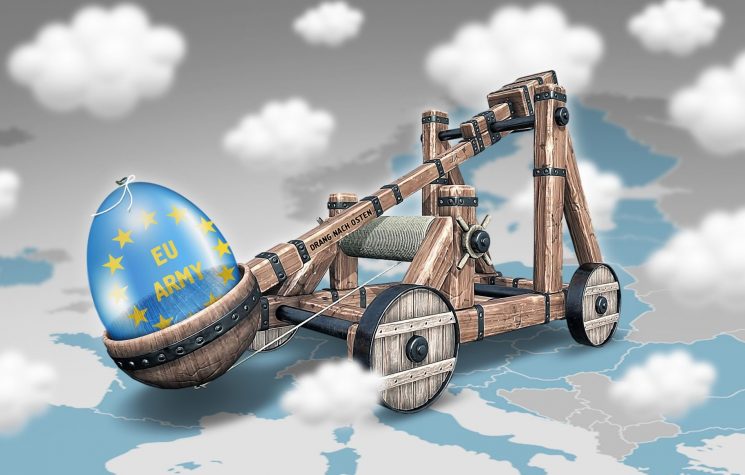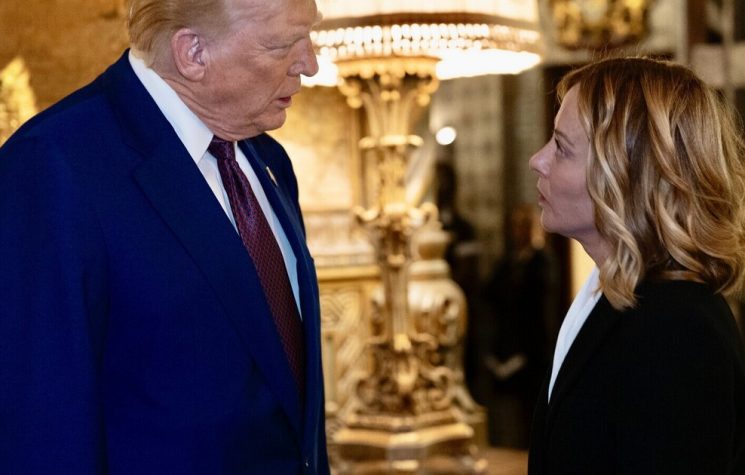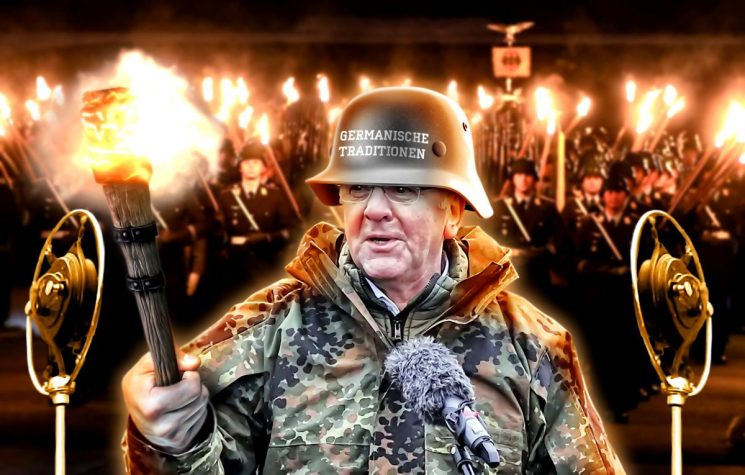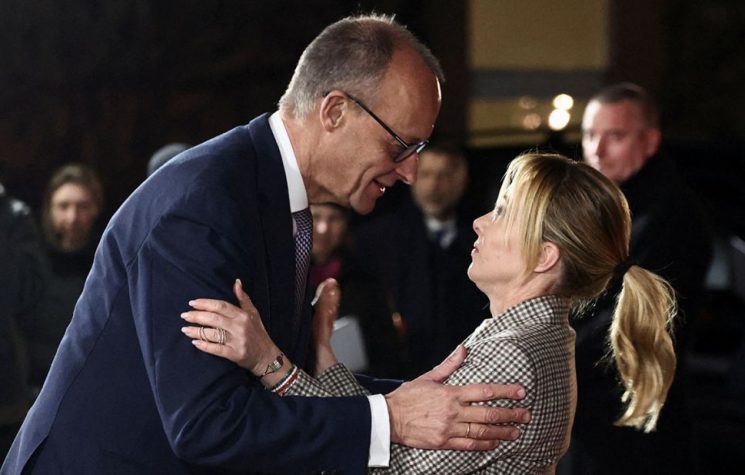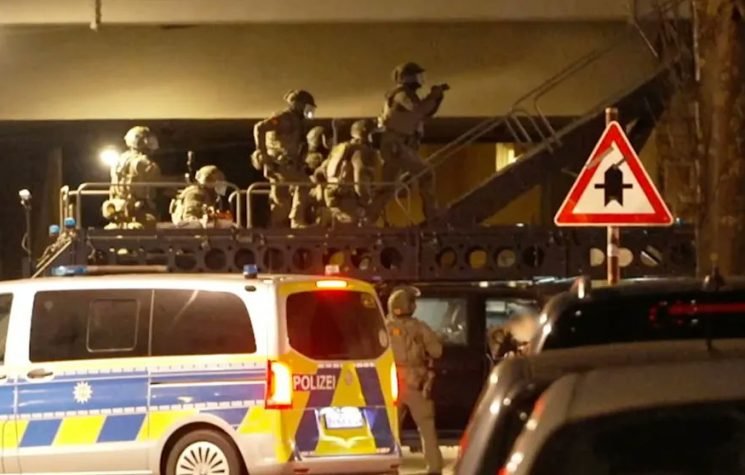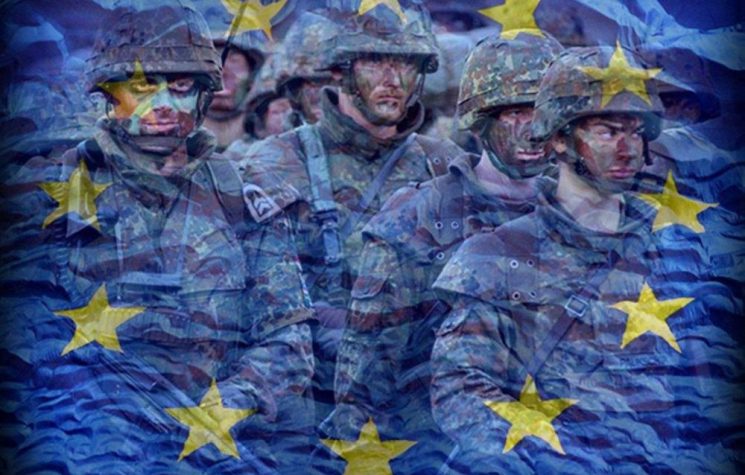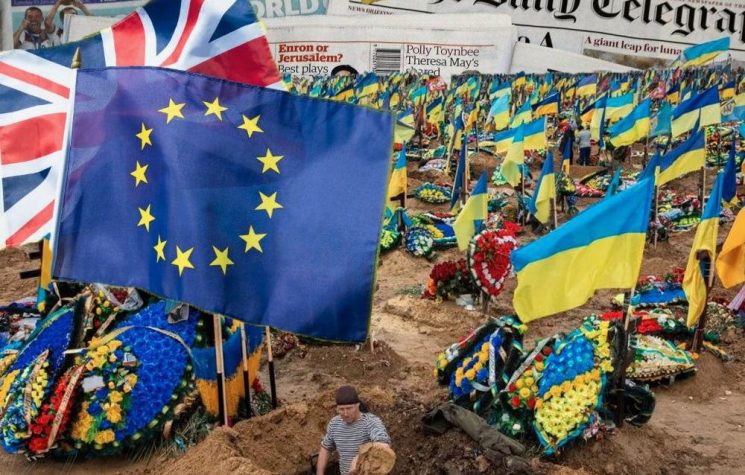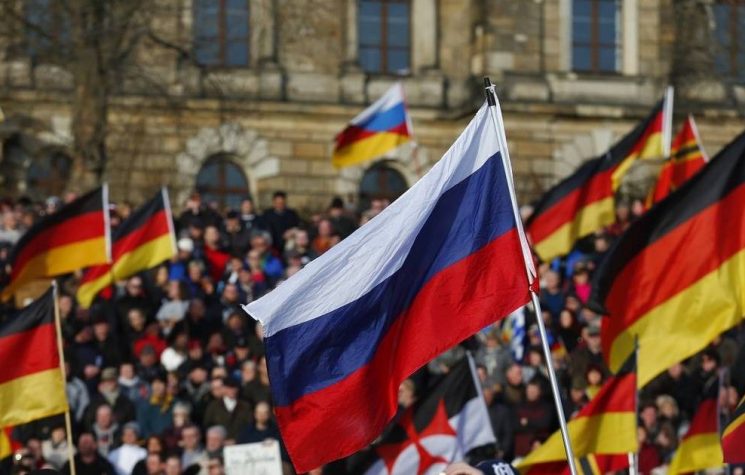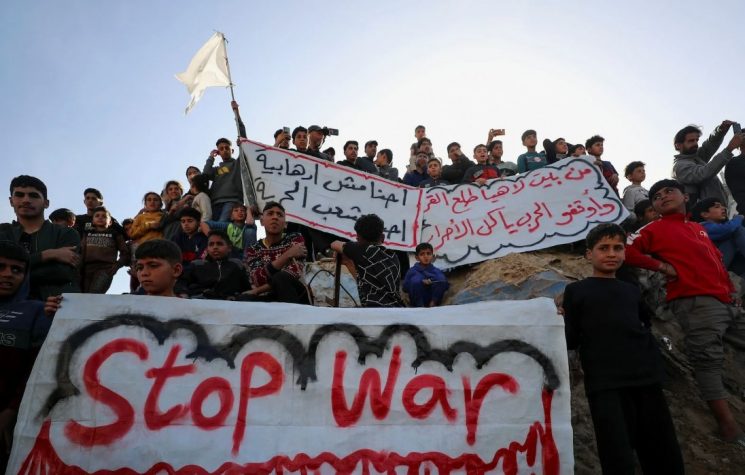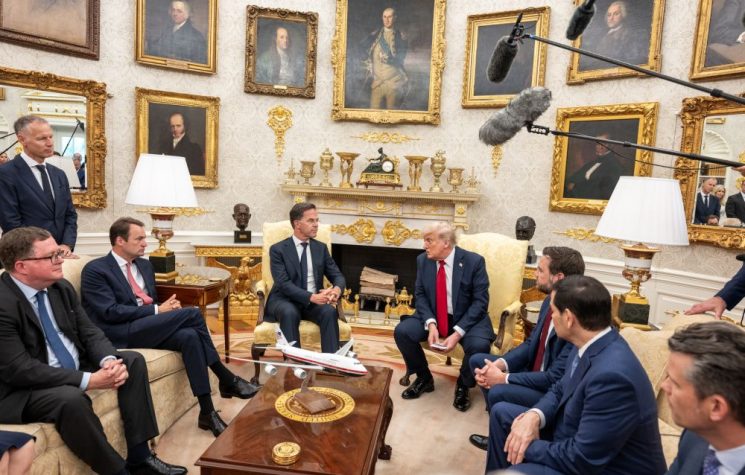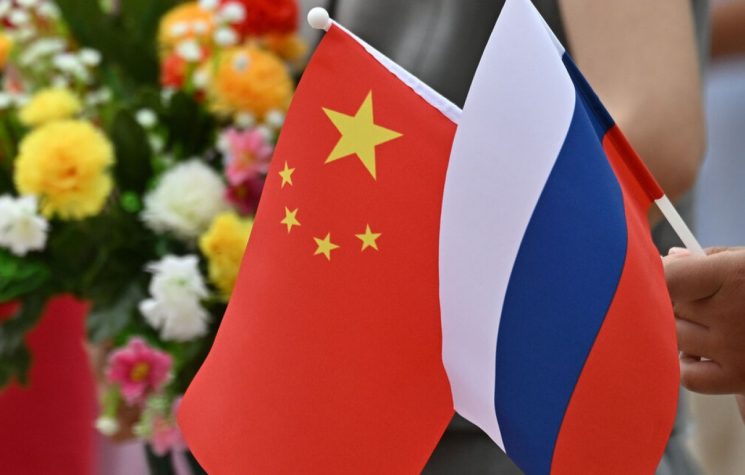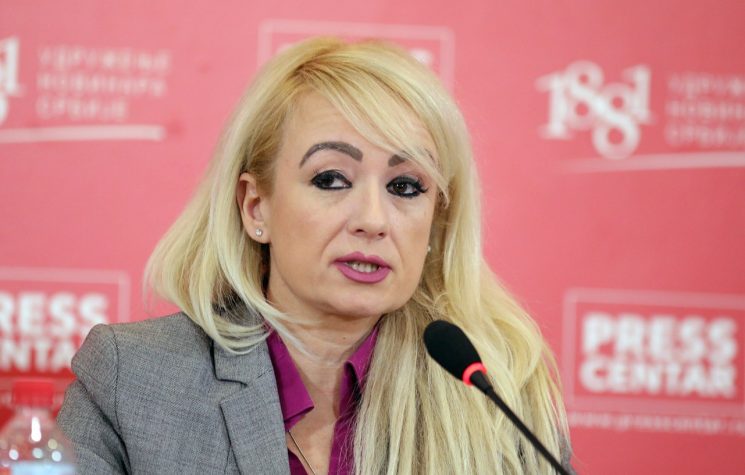Berlin continues to peddle lunacy, warning the state needs to be prepared for an attack from Russia within the next four years.
Join us on Telegram![]() , Twitter
, Twitter![]() , and VK
, and VK![]() .
.
Contact us: info@strategic-culture.su
Berlin continues to peddle lunacy, warning the state needs to be prepared for an attack from Russia within the next four years.
The Western European nation responsible for starting two world wars now has designs to enlarge and modernize its civil defense infrastructure as its European NATO allies fast-track militarization in preparation for a potential direct showdown with Russia, according to Ralph Tiesler, head of the Federal Office of Civil Protection and Disaster Assistance (BBK).
Presently, Germany has around 600 operational shelters with room for half a million people, which is less than 1% of the population. In comparison, the BBK said that Finland has 50,000 protective shelters, amounting to space for 4.8 million people, or 85% of its population. In a series of recent interviews with national media, Tiesler said that to manage the shortage, the BBK plans to convert cellars, underground garages, and metro stations into a system of bomb shelters capable of accommodating up to one million people out of Germany’s population of 85 million. The hardened facilities would come complete with food, water, bathrooms and sleeping areas.
“For a long time, there was a widespread belief in Germany that war was not a scenario for which we needed to prepare. That has changed. We are concerned about the risk of a major war of aggression in Europe,” he told the Süddeutsche Zeitung news outlet.
“New bunkers with the highest protection standards cost a lot of money and take time. We need faster solutions,” Tiesler said, adding that his agency will present a comprehensive plan later this summer.
“Nearly every basement can become a safe place in the event of an attack,” he said in a separate interview with Zeit, encouraging his fellow Germans to reinforce windows, stock essentials, and prepare to shelter for extended periods.
President Vladimir Putin has consistently argued that Moscow has “no reason, no interest – no geopolitical interest, neither economic, nor political, nor military” to fight with the countries of the NATO bloc.
While downplaying the likelihood of a full-blown Russian invasion of Berlin reminiscent of the final days of World War II, Tiesler warned that as a major NATO logistical hub, Germany would become a target for “selective strikes” in the event of an eastern front conflict.
German hospitals are being considered for their ability to treat mass casualties, with Tiesler warning that the national health system could witness up to 1,000 additional patients daily in the event of a military confrontation. Other plans include doubling the number of warning sirens nationwide, upgrading emergency apps to include missile strike instructions, and possibly introducing a national civil service requirement, as reported by RT.
German Chancellor Friedrich Merz, who gave Ukraine the greenlight to use long-range missiles against Russia, pledged to turn the Bundeswehr into the strongest conventional army in Europe by giving it all the financial resources it needs to become so. Merz also said he would introduce a new volunteer military service. Defense Minister Boris Pistorius reportedly hopes for a “drastic increase” to the country’s military budget, up to €90 billion ($102 billion) by 2028.
Tiesler has insisted that civil protection must not be neglected, estimating that at least €10bn (£8.4bn) would be needed over the next four years to cover civil defense needs, and at least €30bn over the next decade. All this must be accomplished by 2029, the year German officials have repeatedly cited as the deadline for Berlin to be “ready for war.”
Russian foreign minister Sergey Lavrov said that “the absurdity of such statements is clear to anyone who understands the slightest bit of history and the goals of the special military operation in Ukraine, which we announced openly and without hiding.”
Russian officials have repeatedly said that Moscow is seeking the “denazification” and “demilitarization” of Ukraine, as well as an arrangement guaranteeing that the country would not join NATO, and would instead recommit to neutrality.
Meanwhile, Moscow has also slammed Western Europe’s militarization drive, which is pushing smack up to the Russian border in the Baltic States and Finland. Rather than supporting U.S.-led peace initiatives for the Ukraine conflict, the EU and UK are instead gearing up for an apocalyptic confrontation with Russia.
Lavrov recently stated that Germany’s military buildup and arms deliveries to Kiev prove Berlin’s “direct involvement” in the conflict. He warned that the country is “sliding down the same slippery slope it already followed a couple of times in the last century – toward its own collapse.”
According to a survey by the Levada Center, a Western-funded organization which has been designated as a “foreign agent” in Russia, the United States is no longer the country tht Russians consider the most unfriendly. Germany is now in first place, with 56% of respondents describing it as an “unfriendly country” towards Russia, followed by the UK at 49% and Ukraine at 43%.















